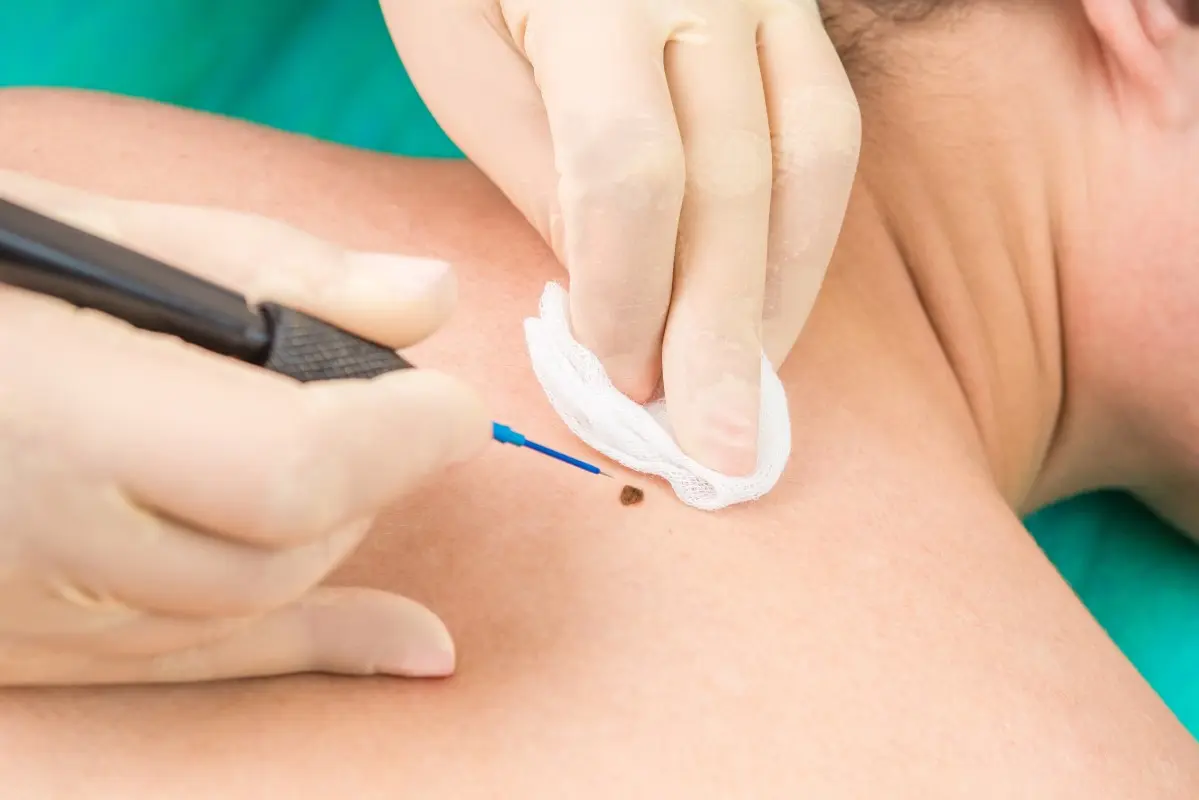In Australia’s sunny climate, paying attention to skin health is not something to take lightly. A regular skin check is one of the most effective ways to identify potential issues before they become serious. While it may seem like a small step, scheduling a simple examination could be life-saving, especially when it comes to spotting skin cancers in their earliest stages.
Why Early Detection Matters
Skin cancer is one of the most common cancers in Australia, but the good news is that it’s also highly treatable when found early. Catching a suspicious mole or lesion at the right time means doctors can remove it before it spreads or causes greater harm. The difference between an early-stage melanoma and one that has advanced can be dramatic—not just for treatment success, but for overall peace of mind.
What a Skin Check Involves
A skin check is a straightforward process carried out by a trained professional, often using specialised tools like dermatoscopes. During the appointment, your doctor will:
- Examine your skin from head to toe.
- Look closely at moles, freckles, and unusual spots.
- Record images or use mole mapping for future comparisons.
- Advise whether any lesions need a biopsy or monitoring.
The process is simple, non-invasive, and usually takes less than half an hour.
Spotting Changes You Might Miss
Many people check their skin at home, which is a good habit—but there are limits to what you can see with the naked eye. Some skin cancers develop in places you can’t easily inspect, such as your back or scalp. Others may look harmless until viewed with magnification. A professional skin check helps catch subtle changes that might otherwise go unnoticed.
Who Should Prioritise Regular Checks?
Everyone benefits from having their skin examined, but certain groups are at higher risk and should book checks more frequently:
- People with fair skin or freckles.
- Those with a history of sunburns.
- Outdoor workers or athletes exposed to the sun daily.
- Anyone with a family or personal history of skin cancer.
For these groups, doctors often recommend a check every six months rather than annually.
More Than Just Detection
A skin check doesn’t just detect problems—it also empowers you with knowledge. Doctors can teach you how to monitor your own skin, what warning signs to look for, and how to reduce your risks with sun-safe habits. This makes the appointment not only about treatment but also about long-term prevention.
Conclusion
A regular skin check is a small investment of time that can make a big difference to your health. By detecting issues early, offering reassurance, and helping you stay proactive, these appointments play a crucial role in preventing serious outcomes. Whether you’re at average or high risk, scheduling routine checks is one of the smartest steps you can take to protect yourself under Australia’s strong sun.
